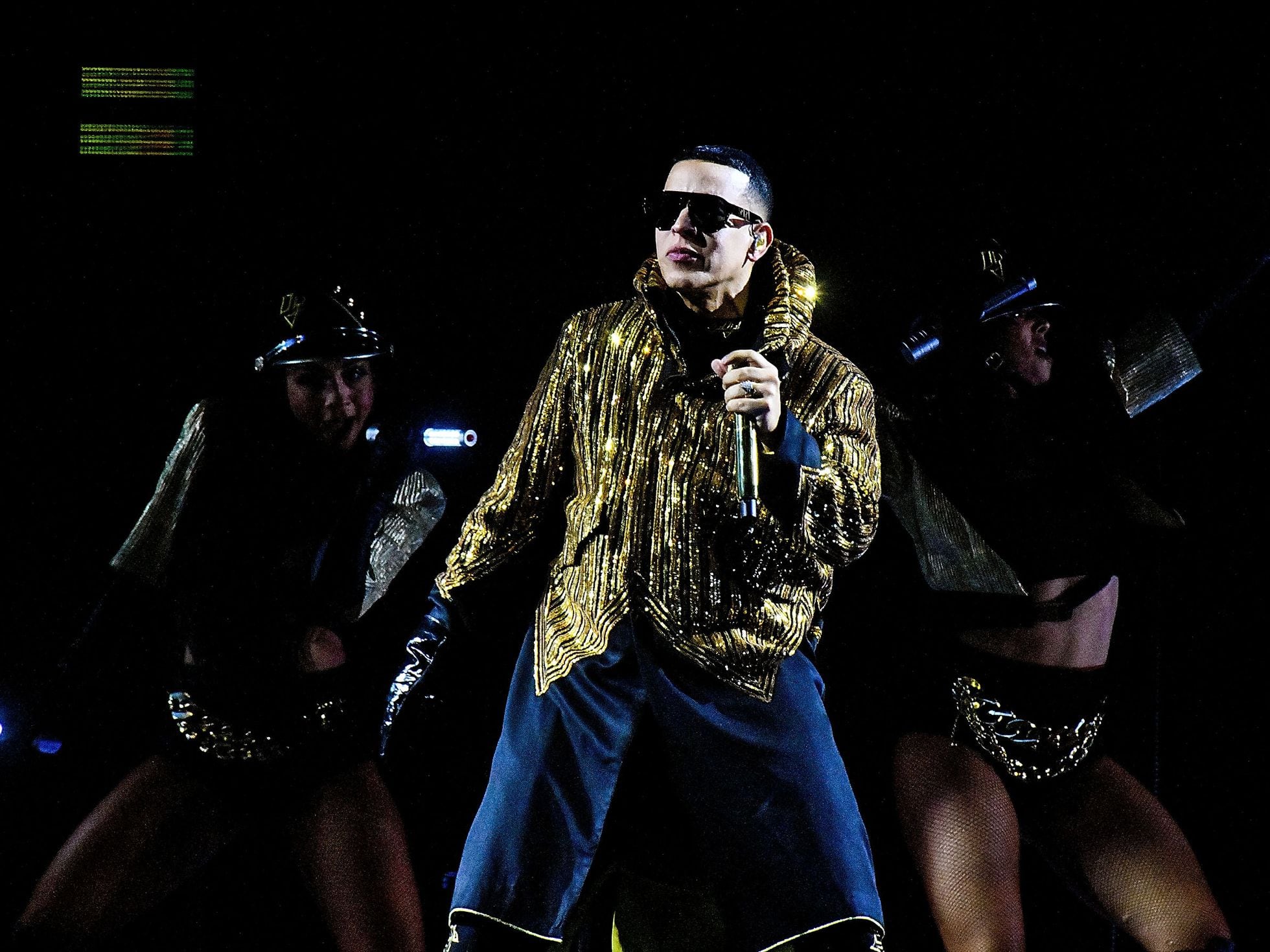In just a few years, Chile has gone from being a country with little reggaeton to breaking into the international scene with local urban music artists such as author Cris MJ, who reached Spotify’s Global Top 10 last April. with the song “Una night in Medellín”, sharing space with greats like Elton John, Justin Bieber and Dua Lipa.
“Chilean urban music is a very big trend that has a lot of strength. It is characterized by its drums, the instrumental and by what the artists transmit in their lyrics”, explained the artist Polimá Westcoast to EFE a few hours before his debut at the Viña del Mar International Song Festival (Chile).
“I feel like eyes have turned to Chile because of the impact of its urban music. There are, for example, my Angolan roots, which come together with what I sing, which is Chilean . He has a lot of strength and it’s not going to stop,” he adds, claiming his father’s African origin.
2022 has been the golden year for Chilean urban music, at least on the Spotify platform: in 2021, no Chilean artist entered the list of the most listened to musicians in Chile, while last year six of the musicians the most listened to were nationals.
FOREIGN SOUNDS
Chilean urban music is barely five years old, but its roots go back years, to the early 2000s, when the sound of reggaeton spread with a group of Haitian immigrants who imported these rhythms, the expert in history of Chilean popular music and professor at the Catholic University, Matías Hermosilla.
Haitian rhythms were heard on a hit television show aimed at teenagers, “Mekano”, and this coincided with the arrival of the Internet and personal computers, which broke down the boundaries of music production, making it accessible with few resources.
The moment that consolidates reggaeton among Chilean audiences, noted Hermosilla, is Daddy Yankee’s performance at the Viña del Mar Festival in 2006, with a successful set design that captivated the audience.
IN COMMUNITY
The current artists of Chilean urban music formed at home, self-producing their songs and creating a new musical movement.
“They all start being friends, they start getting to know each other and working together, they throw parties that not many people go to at first, they cut the tickets themselves, go out to sell and play their songs that don’t have again It started to catch on,” Hermosilla recalls.
Local urban music artists, who jumped to Chile in 2018, have made space by helping each other: when someone succeeds, they collaborate with others who are starting out, generating support networks and building relationships. cohesive alliances.
“The vast majority of us have known each other since before making music. We have a very strong relationship, bonds that have been generated as a brotherhood. Collaborating is something normal between us”, remarked Polimá.
“Here there is a beautiful alliance, between artists there is no desire. We support each other, because we understand that we are a small country and that we are alone in front of the world”, a- he added.
The impact of Chilean urban music on the international scene was reflected this year in the Viña del Mar Festival, which takes place this week and where local reggaeton was present for the first time, with Paloma Mami and Polimá, as well as ‘with a collaboration of Cris MJ with the Colombian Karol G, who opened the competition.
The imprint of Chilean reggaeton is consolidated worldwide, normalizing local vulgarisms such as “pololos” (boyfriends), “flaite” (macarra) or “concha tu madre” (Chilean insult), as has happened years ago with Colombian reggaeton, claiming the jargon of “popular” origin that many artists, raised in outlying neighborhoods, have.
The numbers show that urban music in Chile is consolidating globally, which for Polimá is a phenomenon that is here to stay.
“Many artists, women, men, producers or designers will be born who, in the process, will form and become superstars. Chilean music will consolidate in the world -he concluded-, and there will be great milestones”.

